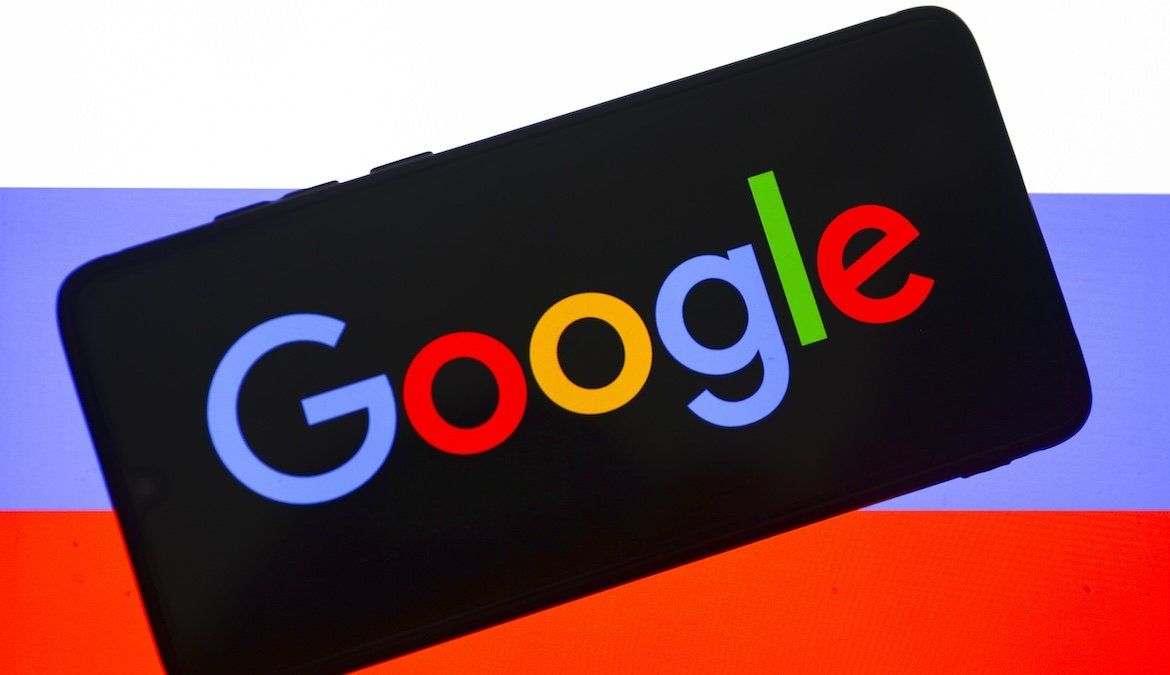20 decillion: The Kremlin hit Google with a fine of $20 decillion on behalf of Russian broadcasters banned by the company’s subsidiary, YouTube. Russia says the $20,000,000,000,000,000,000,000,000,000,000,000 — more than a million trillion times larger than the size of the entire global economy but still nearly 70 zeroes smaller than a “googol” – is symbolic. There aren’t enough zeroes in the world to convey how minimal the chances are of Google paying the Kremlin a single cent.
96: How popular is the idea of tighter immigration restrictions in Chile? Some 96% of the country now favors reducing the influx of foreigners, according to a new poll. Chile, a relatively prosperous country that has long had a relatively lax border policy, saw its foreign-born population surge by 25% between 2018 and 2022, driven largely by the mass exodus from Venezuela. A backlash against migrants, partly shaped by the 2021 presidential election, has continued to grow.
70: Roughly 70% of Americans are feeling anxious or frustrated about the election, according to a new AP/NORC poll. If you are one of the afflicted, find someone among the 36% who report feeling “excited” about the upcoming vote. Who are these people?
158: At least 158 people have been killed by devastating flash floods in Spain's Valencia region, as rescuers continue to search for survivors. The fatal flooding, the worst such disaster for the country in a century, wreaked havoc — sweeping away entire homes and leaving cars piled in the streets.
130: Japan’s Mount Fuji is
missing something right now: snow. The peak’s
iconic snowcap usually begins forming in October, and never in 130 years of records has it gone without one this late in the month. The summer of 2024 was tied with 2023 for Japan’s hottest ever.
